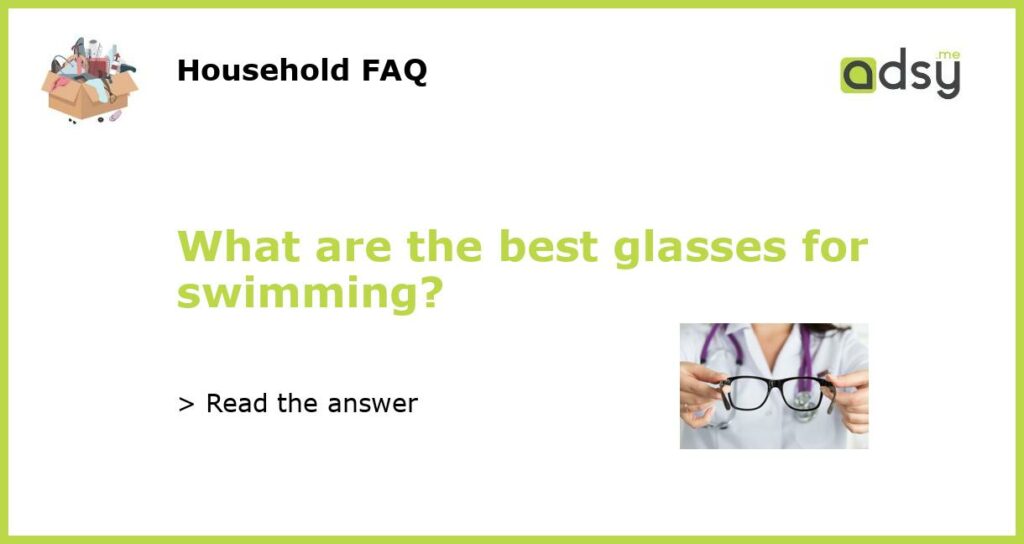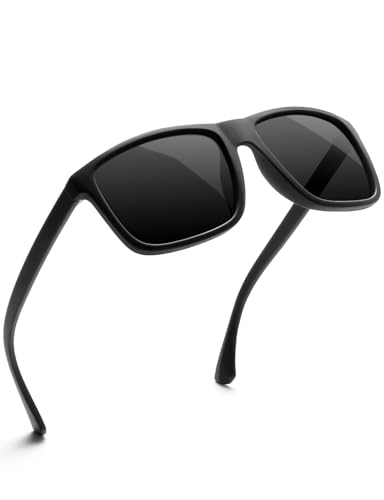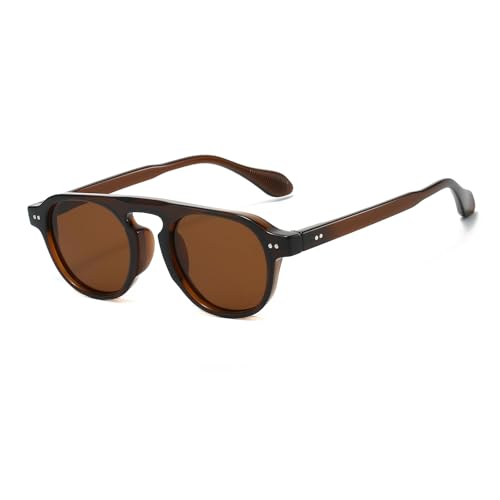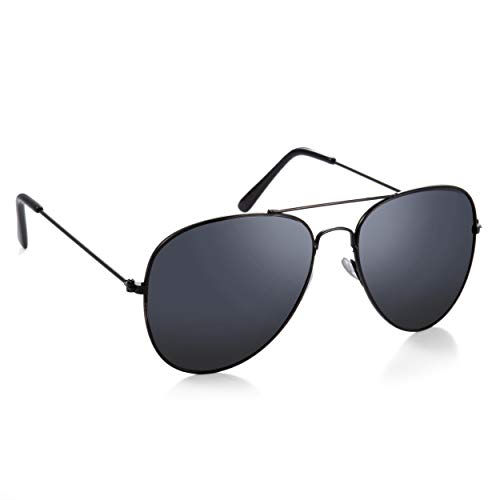Different Types of Swimming Goggles
When it comes to finding the best goggles for swimming, it’s important to consider the different types available. Each type of goggle is designed to meet specific needs, so understanding the differences will help you make an informed decision.
One popular type of swimming goggles is the recreational goggles. These are typically made with a soft frame and a single strap, making them comfortable to wear for extended periods. Recreational goggles are suitable for casual swimmers and are often available in a variety of colors and styles.
Another type of swimming goggles is the fitness goggles. These goggles are designed for fitness swimmers who frequently engage in swimming laps. They provide a more snug fit and offer a wider field of vision, allowing swimmers to focus on their technique.
For competitive swimmers, racing goggles are the preferred choice. These goggles are streamlined and lightweight, minimizing drag in the water. Racing goggles often have an adjustable nose bridge and interchangeable lenses to provide optimal visibility in various lighting conditions.
Finally, if you swim in open water, such as the ocean or a lake, consider investing in a pair of open water goggles. These goggles are specifically designed to protect your eyes from the sun’s glare and provide a comfortable fit even during long swims. They often feature polarized lenses and UV protection.
Consider the Lens Type
When choosing swimming goggles, the lens type is another important factor to consider. There are different lens options available, each with its own benefits.
Clear lenses are the most common and versatile choice. They offer the clearest vision and are suitable for most swimming conditions.
Tinted lenses are ideal for outdoor swimming as they reduce glare and provide protection against the sun’s harmful UV rays. Amber and rose-tinted lenses enhance contrast and are especially useful in murky water conditions.
Mirrored lenses are a popular choice for competitive swimmers as they reduce glare and provide a sleek appearance. They reflect light away from the eyes, making them ideal for swimming in bright conditions.
Polarized lenses are specifically designed to reduce glare caused by sunlight reflecting off the water’s surface. They provide enhanced clarity and are great for open water swimming or outdoor pool sessions.
Choose the lens type that best suits your swimming environment and personal preferences.
Proper Fit and Comfort
One of the most important factors in finding the best swimming goggles is ensuring a proper fit and overall comfort. Ill-fitting goggles can lead to leaks, discomfort, and impaired vision, so it’s crucial to choose a pair that fits well.
Start by measuring the distance between your eyes, known as the pupillary distance. This measurement will help you determine the ideal fit for the goggles.
Make sure the goggles create a seal around your eyes without feeling too tight. They should fit snugly but not to the point of causing discomfort or leaving marks on your face. Adjustable straps are beneficial as they allow for a customized fit.
Additionally, consider the comfort of the nose bridge. Some goggles have an adjustable nose bridge that can be modified to fit various face shapes, while others have a fixed bridge that may or may not be suitable for your needs.
Remember, everyone’s face shape and size are unique, so it may take some trial and error to find the perfect fit. Don’t settle for goggles that are uncomfortable or don’t fit properly, as they can significantly impact your swimming experience.
Anti-Fog and UV Protection
Swimming goggles often come with additional features to enhance their performance. Two important features to look for are anti-fog coating and UV protection.
An anti-fog coating on the inner surface of the lenses helps prevent fogging and ensures clear visibility while swimming. This can be particularly beneficial for longer swims or when swimming in humid environments.
UV protection is crucial, especially for outdoor swimming. Look for goggles that offer 100% UV protection to shield your eyes from the sun’s harmful rays. Even if you swim in an indoor pool, UV protection is still recommended.
Both anti-fog and UV protection are essential for a comfortable and safe swimming experience.
Reviews and Recommendations
Reading reviews and seeking recommendations from other swimmers can be valuable when choosing the best goggles for swimming. Online retailers, swimming forums, and social media groups dedicated to swimming are great sources for gathering insights and opinions from fellow swimmers.
Pay attention to the feedback regarding comfort, durability, and overall performance. Look for common praises or complaints about specific goggles to help you make an informed decision.
Additionally, consider seeking recommendations from swim coaches or instructors who can offer professional advice based on their experience and expertise.
Remember, what works for one swimmer may not work for another, so take all recommendations and reviews into consideration and choose the goggles that best suit your individual needs and preferences.






